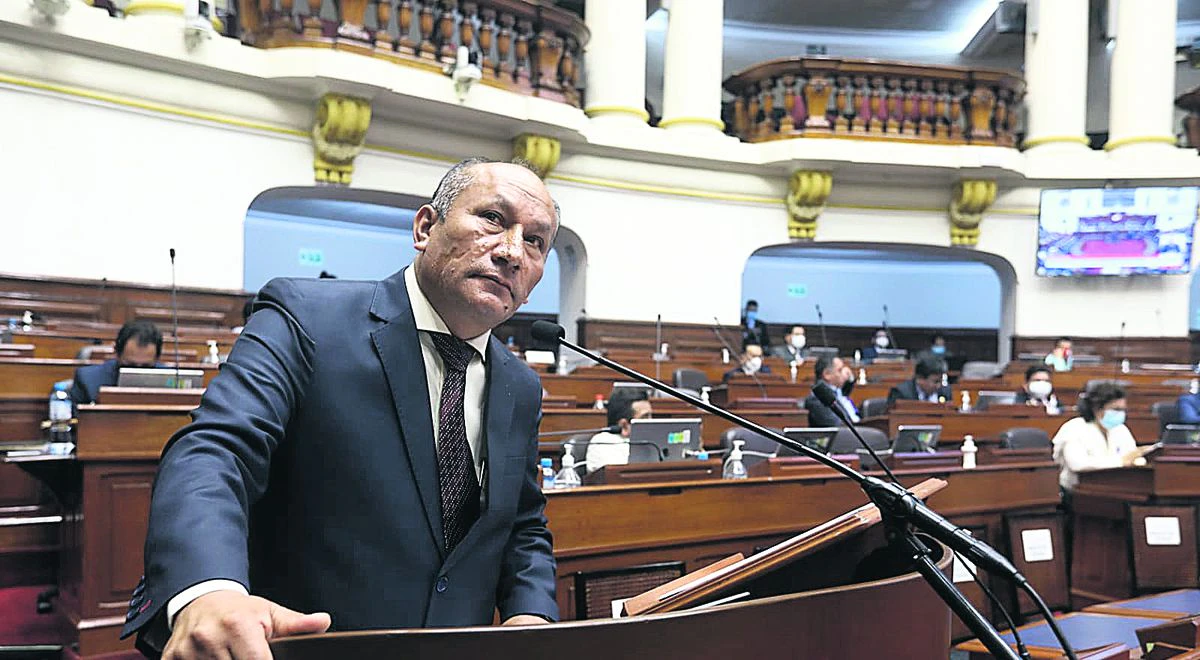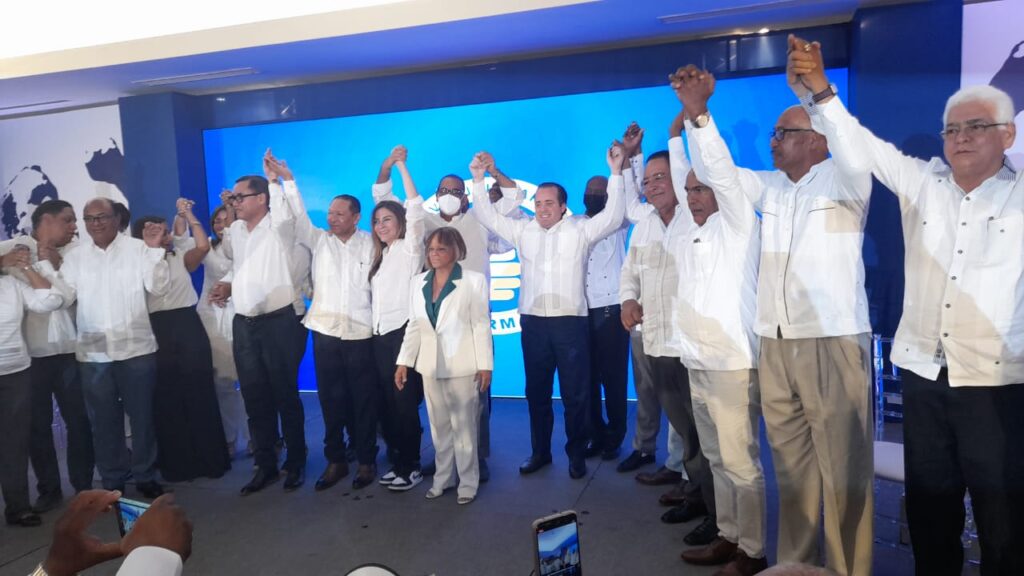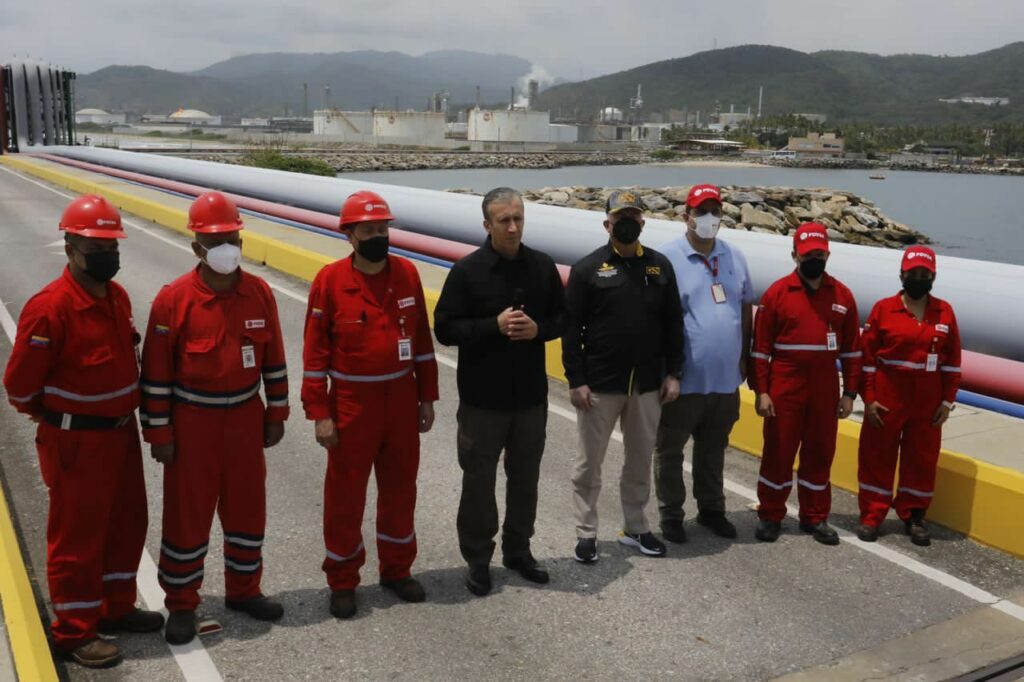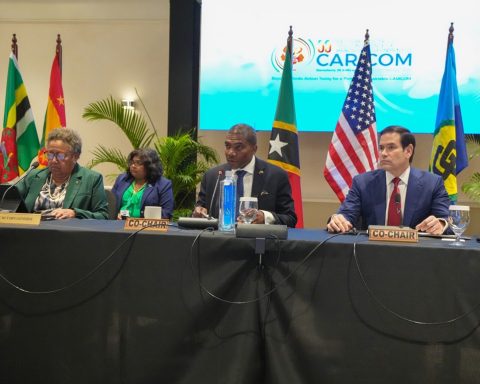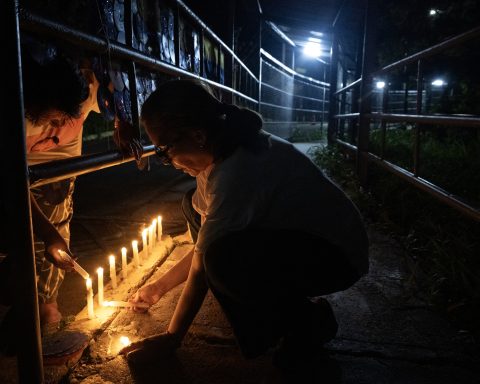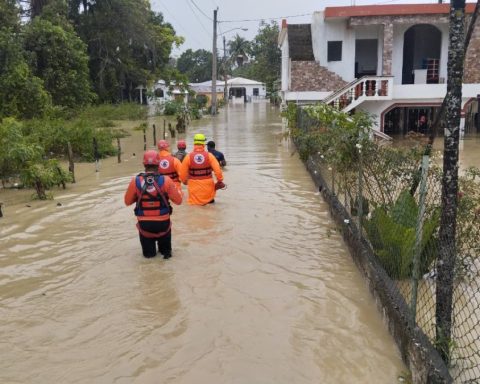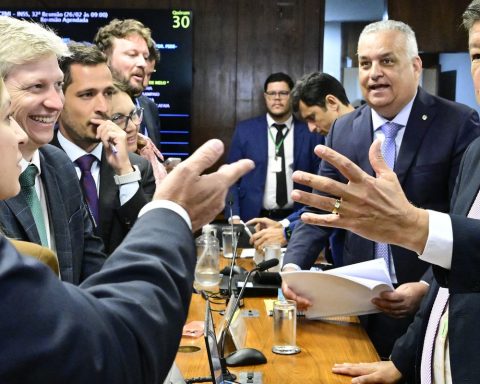On June 3, the former Minister of Transport and Communications John Silva made a request to the ministry that he previously led with the aim that the entity assume the expenses of his legal defense with respect to investigations against him for him Tarata III Case and millionaire contracts in the TCM.
Silva He sent an official letter to said ministry to request that he be disbursed the amount of 350,000 soles for the cost of the services of his defense attorney. Given this, various doubts have arisen about the possibility of the former minister facing a corruption case with a defense assumed with state money.
The request of the former official, now investigated by the National Prosecutor’s Office, was made based on article 35 of Law 30057, better known as the civil service lawwith which it is established that the investigated party can “count on the defense and legal advice (…) charged to the resources of the entity for his defense in judicial, administrative, constitutional, arbitration, congressional and police investigations”.
YOU CAN SEE: The tax transcript of the audio of the “hundred grand” is true
Silva availed himself of the benefit of this law, taking into account his status as a former official, since the rule specifies that this can happen “even after his mandate has ended, even if he has resigned.” This is also mentioned by the public management specialist Vlado Castañeda, who was consulted on this issue. However, this rule does not come alone.
The board of SERVIR at the request of Juan Silva
Taking into account the vacuum that could be generated by Law 30057, Servir issued the Directive_04-2015-SERVIR-GPGGSCwhich regulated the benefit and generated exceptions with the aim of preventing an abuse of the coverage that the State could provide to its officials.
YOU CAN SEE: Judiciary dictates exit impediment against former minister Juan Silva for 36 months
The rule makes it clear that the defense benefit will be inadmissible when “the imputed facts are not linked to omissions, actions or decisions in the regular exercise of their functions or under management criteria at the time as a civil servant or former civil servant”.
Bearing in mind that the crimes Silva is charged with were presumably committed during the regular exercise of his duties, this would be a possible route that the MTC could take to deny said request.
Other issues to consider in Silva’s application
As consulted by the specialist Raúl Saco, professor at the PUCP Law School and specialist in labor law, “in these cases, the person assumes a reimbursement commitment, that is, if this does not prosper and it is shown that one is responsible, the amount will be returned, but I ask: is the person in a position to return? (…) Are we going to give him 350,000 soles, which we are not certain of recovering, if he is found guilty?”
YOU CAN SEE: Avelino Guillén on the relationship between Juan Silva and Pedro Castillo: “They were very close”
When asked about this issue to the former Prime Minister and jurist Juan Jiménez Mayorexplained that, “If his guilt is determined, by that time he should have already hidden his assets, if he has any assets,” which would be unreliable for the state entity.
Also, there are questions about the TCM —judge and party within Silva’s request—, since, according to Saco, “the very entity that is in question is the one that is going to control whether or not it gives him the money that he is requesting.”
The lawyer considered it important to question why Silva requested an amount as high as 350,000 soles, since the request can lead to suspicion. This doubt was also shared by Jiménez, who questioned that a lawyer —with a record like that of Silva’s defense— charge such a high amount for his fees.
YOU CAN SEE: Audio of María del Carmen Alva reveals intention to vacate Pedro Castillo and stay in Congress
Both specialists agreed that a request of this nature could be made in favor of the former minister under investigation, taking into account the latest evidence revealed against him. “That could even hide illegal payments,” asserted the jurists.
What can determine the Ministry of Transport and Communications?
Among the provisions that the MTC would take is the possibility that payment is enabled, but not from the lawyer that Silva is presenting, but from an ex officio lawyer, whose cost would have a lower impact for the State.
The request could be accepted or rejected. Now everything is in the hands of the current Minister of Transport and Communications, Juan Barranzuela, who will have to decide whether or not Silva Villegas is worthy of one last benefit from the Peruvian State.
